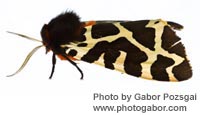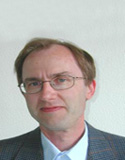About us
ABOUT US
EURASNET is an EU-funded Network of Excellence to investigate and understand the principles of alternative splicing and how it affects human health.
The Alternative Splicing Network of Excellence brings together 30 leading research groups and ten Young Investigators, from eleven European countries as well as Israel and Argentina. The coordinator of this Network is Prof Reinhard Lührmann, Göttingen. The network has funding for a period of five years (2006-2011) from Framework 6 Programme (FP6) of the European Union, for research in alternative splicing.
The EURASNET consortium employs a wide range of complementary approaches such as computational, biochemical, proteomic, genomic, cell and organismal biology to study post-transcriptional gene regulation and its role in disease.
The network has four main objectives:
· develop an integrated approach for the study of alternative splicing to elucidate the regulatory mechanisms and significance of alternative splicing, at the molecular, cellular and organismal level with a strong focus on alternative splicing events that are related to genetic disease
· establish an innovative and multidisciplinary programme of joint research activities for the exchange of information, methods and material among the network partners
· spread excellence within Europe by establishing a career platform for ten ‘Young Investigators’
· raise awareness of the importance of alternative splicing among medical practitioners, policy makers and the general public
EURASNET is supported by a scientific advisory board made up of eminent international scientists: J. Dahlberg (University of Madison), W. Filipowicz (Biozentrum Basel), M. Garcia-Blanco (Duke University), A. Krainer (Cold Spring Harbor L), M. Rosbash (Brandeis University), R. Singer (Albert Einstein College) and J. Steitz (Yale University).






